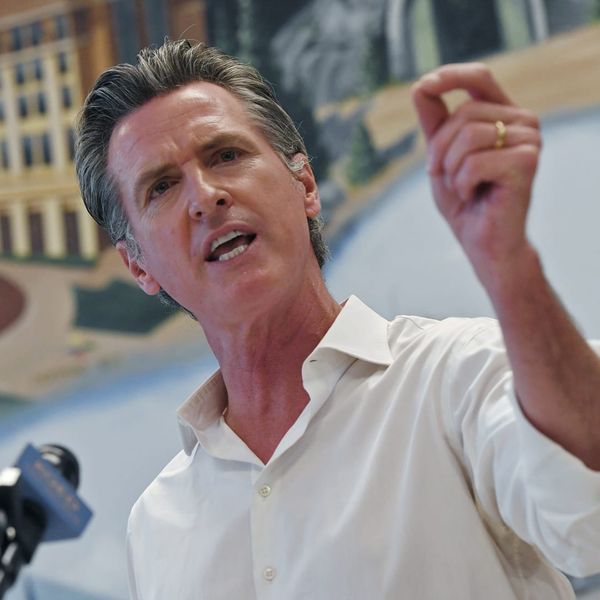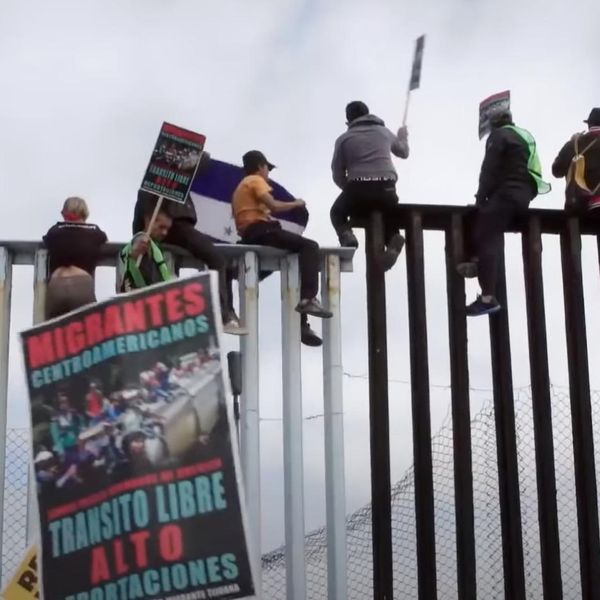As these words are written, I am on a cruise ship pulling into the harbor of the Greek island of Crete. All around me, the morning sparkles. The water is placid, the sky is clear and pale blue, our ship is embraced by gently sloping hills dotted with houses and shops.
And I just turned on the television.
And I just heard about Dallas.
I have made it a point to keep the news at something of a distance these last two weeks of travel, filling my days instead with shell craters on a beach in Normandy, a shopping square in Barcelona, the ghostly remains of Pompeii. So while I know that two African-American men were killed by police under dubious circumstances in Louisiana and Minnesota a couple days ago, I haven’t seen the videos, haven’t checked too deeply into the circumstances.
I’m off the clock now. I wanted to keep the horror at arm’s length.
But distance is an illusion, isn’t it? That’s what I just learned when I made the mistake of turning on the television.
Indeed, sitting here in this picturesque place on this peaceful morning far away, it feels as if I can see the madness of my country even more clearly than usual.
Two more black men shot down for no good reason in a country that still insists — with righteous indignation, yet — upon equating black men with danger.
That’s madness.
Last night, I called my sons and grandson to tell them I love them, explain to them yet again that they terrorize people simply by being and plead with them to be careful. I am required to fear what might happen to my children when they encounter those who are supposed to serve and protect them.
That’s madness.
Eleven police officers shot by sniper fire, five fatally, while guarding a peaceful demonstration against police brutality.
That’s madness.
The usual loud voices of acrimony and confusion are already using this act of despicable evil to delegitimize legitimate protest by conflating it with terrorism, asking us to believe that speaking out against bad cops is the same as shooting cops indiscriminately.
That is madness.
And then, there was this coda: A black man, a “person of interest” turns himself in to police after carrying an AR-15 rifle through the protest in downtown Dallas.
An AR-15.
Through downtown Dallas.
As police are dealing with an active shooter.
Apparently, the guy was not guilty of a crime, but he is certainly guilty of the worst judgment imaginable — and lucky to be alive. But then, in carrying that war weapon on a city street, he was only exercising his legal right under Texas law. The NRA calls that freedom.
But make no mistake: It, too, is madness.
America has gone mad before.
The quote at the top is from one such period, 1968. Hundreds of urban riots had wracked the country, the war in Vietnam was uselessly grinding up lives, recent years had seen the assassinations of John F. Kennedy, Medgar Evers and Malcolm X. Now, Martin Luther King Jr. and Robert F. Kennedy had just been murdered within two months of one another.
And many people were wondering, as Arthur Schlesinger was, about America and its character, about what kind of country — and people — we were. Said New York Mayor John Lindsay, “This is a drifting, angry America that needs to find its way again.”
His words, like Schlesinger’s, feel freshly relevant to this era, almost 50 years down the line.
There is a sickness afoot in our country, my friends, a putrefaction of the soul, a rottenness in the spirit. Consider our politics. Consider the way we talk about one another — and to one another. Consider those two dead black men. Consider those five massacred cops.
Deny it if you can. I sure can’t. Something is wrong with us. And I don’t mind telling you that I fear for my country.
On the night Martin Luther King died, two months almost to the day before he himself would be shot down in a hotel kitchen, Bobby Kennedy faced a grief-stricken, largely African-American crowd in Indianapolis and with extemporaneous eloquence, prescribed a cure for the sickness he saw.
“My favorite poet,” he told them, “was Aeschylus. And he once wrote, ‘And even in our sleep pain that cannot forget falls drop by drop upon the heart, and in our own despair, against our will, comes wisdom to us by the awful grace of God.’ What we need in the United States is not division. What we need in the United States is not hatred. What we need in the United States is not violence and lawlessness but is love and wisdom and compassion toward one another and a feeling of justice toward those who still suffer in our country, whether they be white or whether they be black.”
Those words feel hopelessly idealistic, impossibly innocent and yet, wise, grace-filled and … right for the raw pain of this moment I commend them to all our wounded spirits on this shining morning from a peaceful place that, as it turns out, is not nearly far enough away.
Leonard Pitts is a columnist for The Miami Herald, 1 Herald Plaza, Miami, Fla., 33132. Readers may contact him via e-mail at lpitts@miamiherald.com.
Photo: Abigail Garcia, 2, visits a makeshift memorial at Dallas Police Headquarters two days after a lone gunman ambushed and killed five police officers at a protest decrying police shootings of black men, in Dallas, Texas, U.S., July 9, 2016. REUTERS/Shannon Stapleton









